Why We Plant Trees In Madagascar, Ethiopia, And Nepal
Share
At tentree, we have a singular focus: planting trees. We plant 10 for each item purchased in our store! But the benefits of tree planting run so deep, not just for our environment, but for our global communities as well. The 10 trees we plant on your behalf accomplish a great many things. Here are 10:
1) Your trees battle poverty
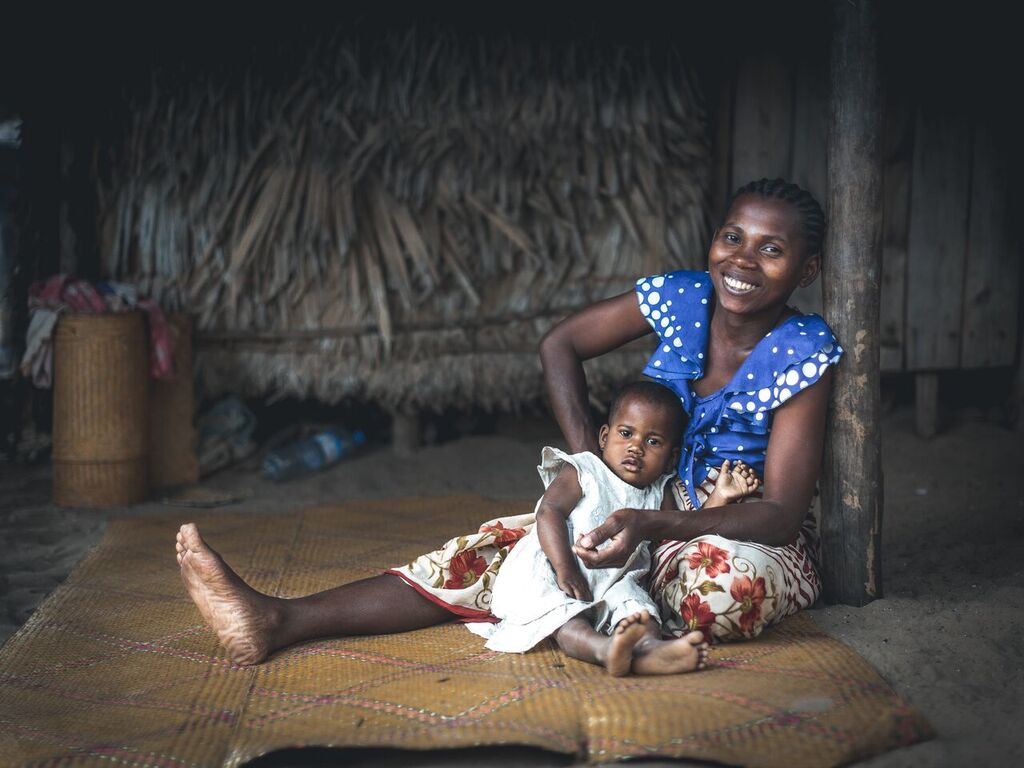 As some of the poorest nations on the planet, the people of Nepal, Ethipoia, and Madagascar are faced with the challenge to overcome the consequences of extreme poverty, deforestation, drought, and famine. The level of poverty leads many villagers to cut down their region's remaining forests to use as fuelwood, construction lumber, or to clear the forest for agricultural use. Through Eden's "employ to plant" initiative, villagers are given the hope and dignity of employment. Their job is to restore their local ecosystems by planting, growing, and guarding millions of seedlings each year.
As some of the poorest nations on the planet, the people of Nepal, Ethipoia, and Madagascar are faced with the challenge to overcome the consequences of extreme poverty, deforestation, drought, and famine. The level of poverty leads many villagers to cut down their region's remaining forests to use as fuelwood, construction lumber, or to clear the forest for agricultural use. Through Eden's "employ to plant" initiative, villagers are given the hope and dignity of employment. Their job is to restore their local ecosystems by planting, growing, and guarding millions of seedlings each year.
2) Your trees stop soil erosion
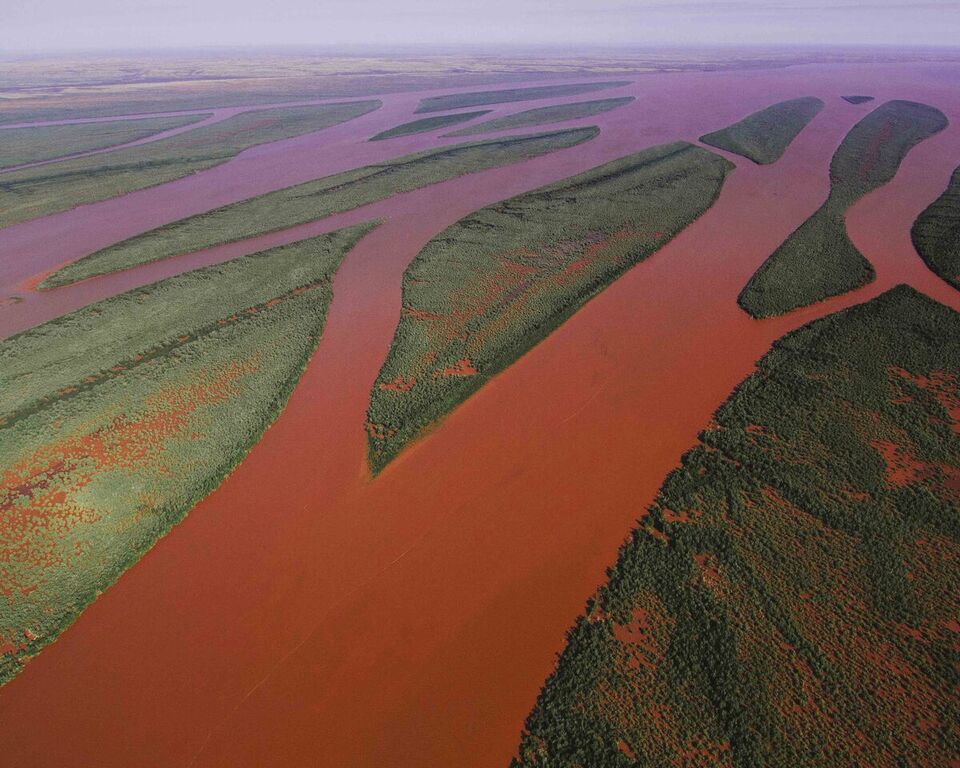 Deforestation causes horrific erosion problems. When heavy rains fall on deforested hills and mountains, the tropical deluge rushes down the steep slopes taking the topsoil with it. Replanting trees and guarding reforestation sites empowers the stabilization of the soil as the leaf litter restores nutrients in the soil. Preventing erosion and restoring soil health makes the land farmable once again.
Deforestation causes horrific erosion problems. When heavy rains fall on deforested hills and mountains, the tropical deluge rushes down the steep slopes taking the topsoil with it. Replanting trees and guarding reforestation sites empowers the stabilization of the soil as the leaf litter restores nutrients in the soil. Preventing erosion and restoring soil health makes the land farmable once again.
3) Your trees protect plants and animals alike
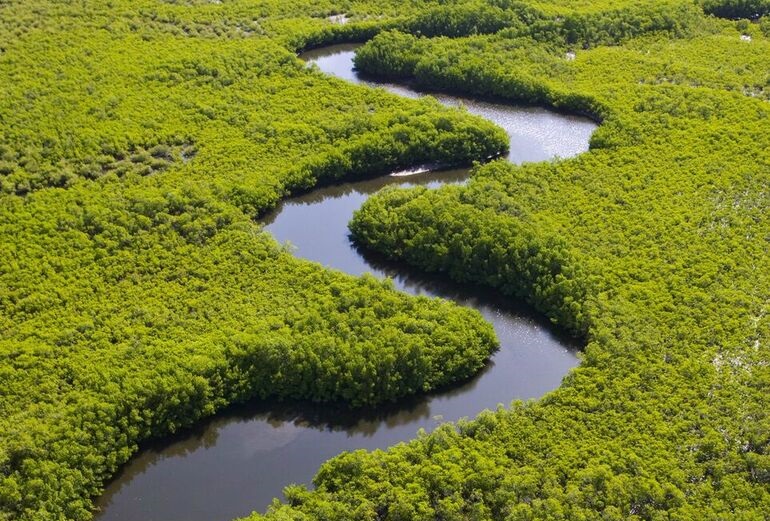 Habitat destruction is the number one cause of wildlife endangerment and we are committed to protecting animals and their homes by replanting and protecting their natural habitat. Ethiopia is a bio hotspot with an incredible amount of endemic species (species only found in one region of the world). Madagascar has more endemic species than anywhere else on Earth. This includes over 200 species of lemur, 16 of which have gone extinct due to deforestation. Nepal has a fascinating array of plants and animals, including a number of endangered mega animals like Bengal tigers, Asian elephants, and one-horned rhinos. Reforestation is our pragmatic way to protect the amazing and unique plants and animals found in this region.
Habitat destruction is the number one cause of wildlife endangerment and we are committed to protecting animals and their homes by replanting and protecting their natural habitat. Ethiopia is a bio hotspot with an incredible amount of endemic species (species only found in one region of the world). Madagascar has more endemic species than anywhere else on Earth. This includes over 200 species of lemur, 16 of which have gone extinct due to deforestation. Nepal has a fascinating array of plants and animals, including a number of endangered mega animals like Bengal tigers, Asian elephants, and one-horned rhinos. Reforestation is our pragmatic way to protect the amazing and unique plants and animals found in this region.
4) Your trees provide fair employment opportunities
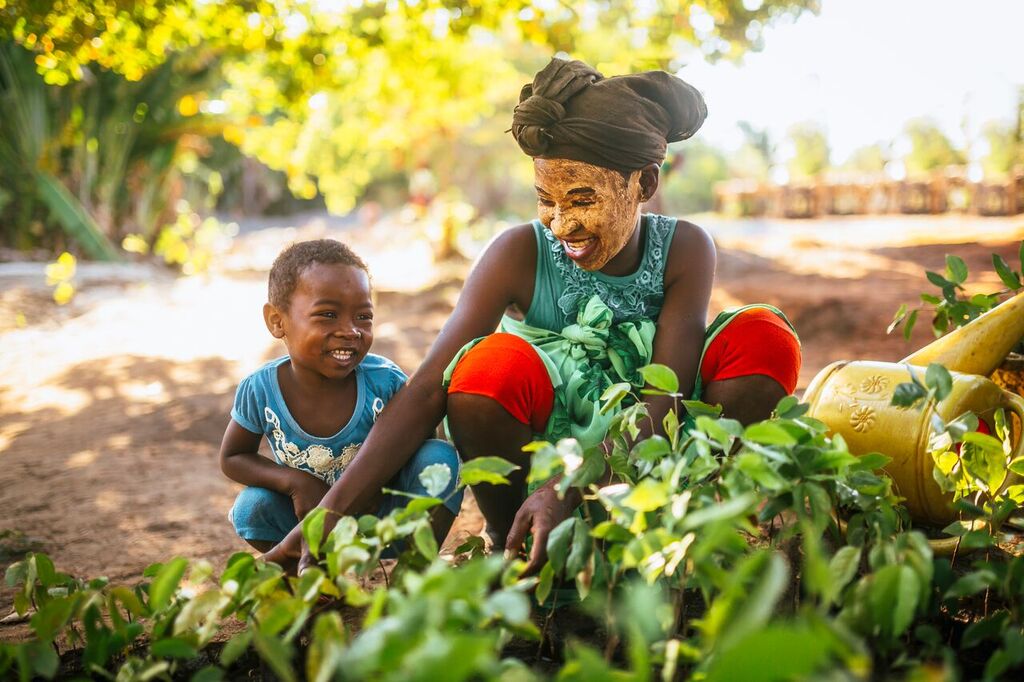 We help to provide much needed employment to people who would otherwise live off less than $2 per day. The locals use this additional income to purchase food, clothes, healthcare, resources (such as boats and fishnets), and to pay for their children's schooling.
We help to provide much needed employment to people who would otherwise live off less than $2 per day. The locals use this additional income to purchase food, clothes, healthcare, resources (such as boats and fishnets), and to pay for their children's schooling.
5) Your trees give individuals pride in their work
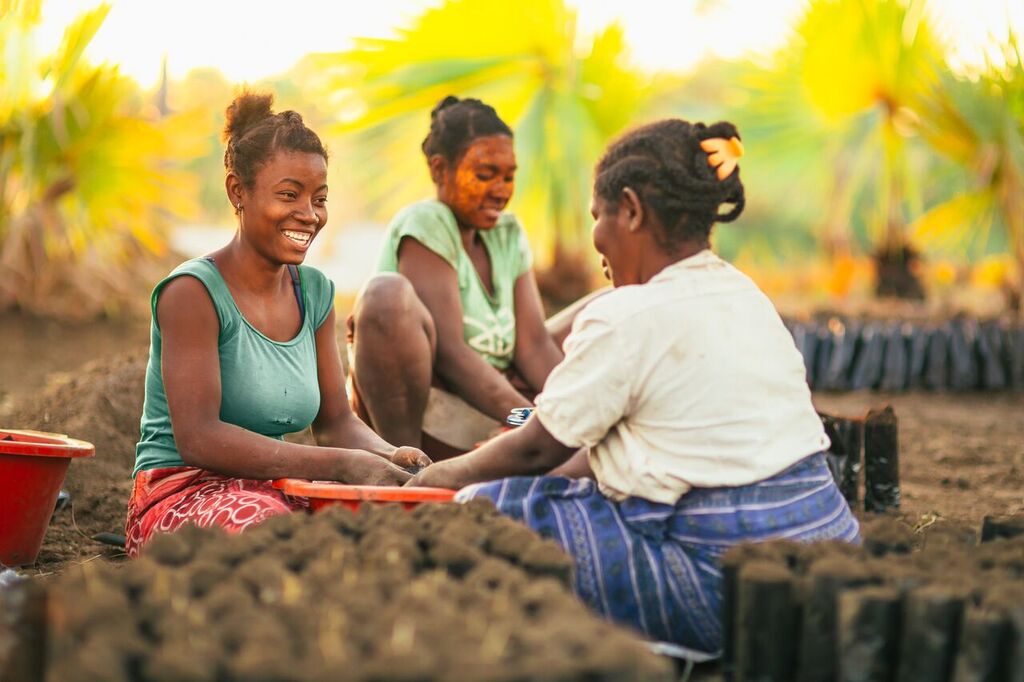 With the pride of ownership in the new forests they've planted themselves, and through community education, the villagers are coming to understand new, sustainable methods that are beneficial to both the ecosystem and its inhabitants.
With the pride of ownership in the new forests they've planted themselves, and through community education, the villagers are coming to understand new, sustainable methods that are beneficial to both the ecosystem and its inhabitants.
6) Your trees empower women
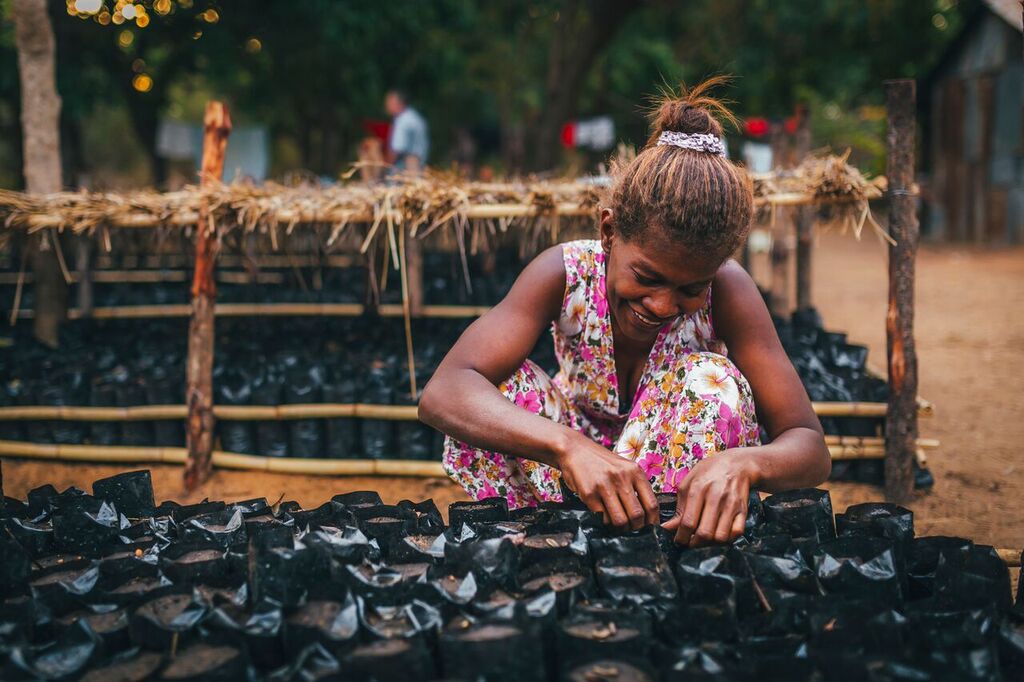 We employ local women, enabling them to support their families with a steady income. Many of the women have started their own microenterprises but not through micro loans. Instead, these frugal women have saved and invested into their own business futures.
We employ local women, enabling them to support their families with a steady income. Many of the women have started their own microenterprises but not through micro loans. Instead, these frugal women have saved and invested into their own business futures.
7) Your trees help educate locals
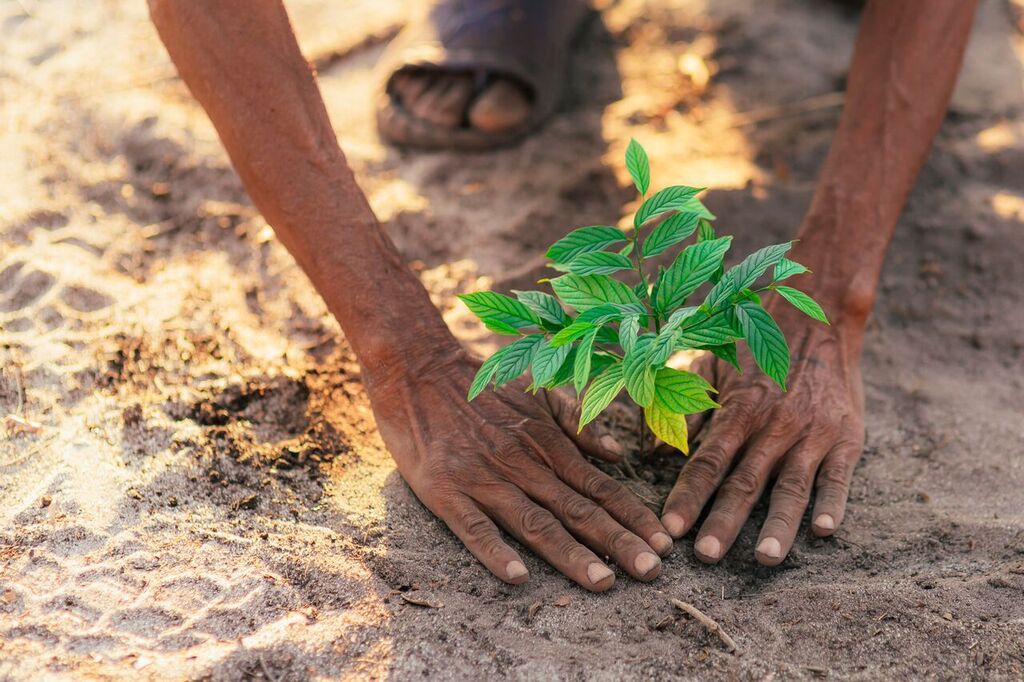 One historic source of income for villagers comes from responsibly managing the forest’s trees near their village. Through education and hands on experience our planters are taught how to gather seeds, create nurseries, properly plant the trees, and then to sustainably harvest a small percentage of the trees along with fruit, nuts, and fodder as needed.
One historic source of income for villagers comes from responsibly managing the forest’s trees near their village. Through education and hands on experience our planters are taught how to gather seeds, create nurseries, properly plant the trees, and then to sustainably harvest a small percentage of the trees along with fruit, nuts, and fodder as needed.
8) Your trees promote sustainable living
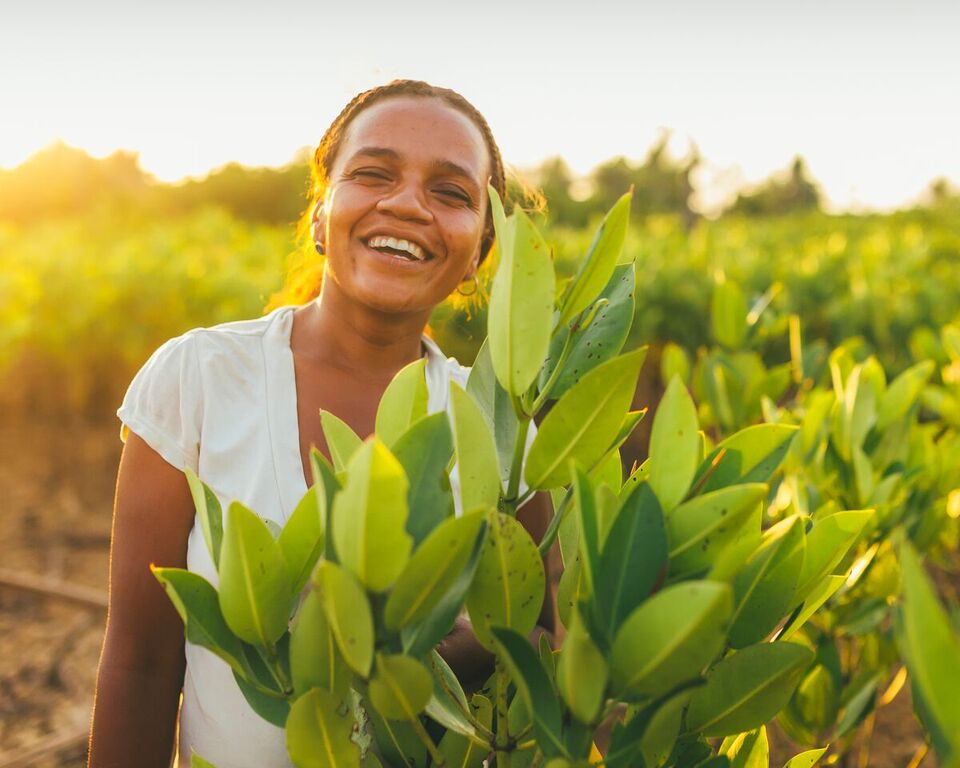 Ten percent of the trees we plant are for human use and long-term sustainability of the local farmers. We plant fruit and nut trees, fodder trees, construction trees, and fuel wood trees. As the trees grow, locals have increased access to natural resources that can be used for their day-to-day needs.
Ten percent of the trees we plant are for human use and long-term sustainability of the local farmers. We plant fruit and nut trees, fodder trees, construction trees, and fuel wood trees. As the trees grow, locals have increased access to natural resources that can be used for their day-to-day needs.
9) Your trees maintain local food sources
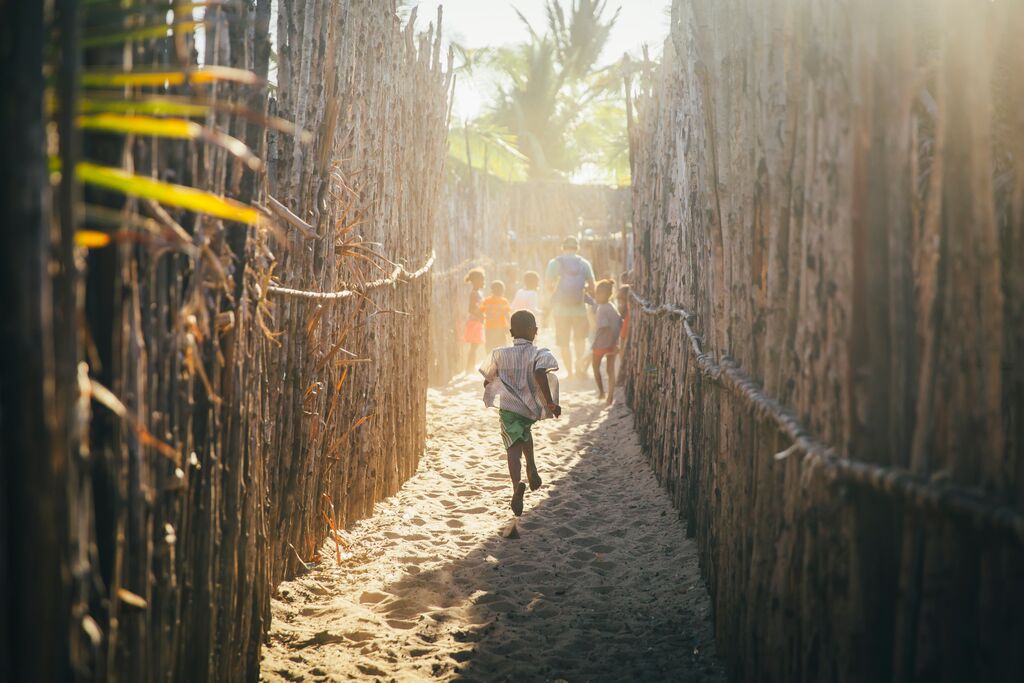 A portion of the trees being planted are fruit and nut trees. These trees add to the overall health of the ecosystem even as they provide dietary staples and a source of income for the villagers. Secondly, many of the trees have medicinal qualities in the leaves, bark, and roots that the villagers rely on when they are sick.
A portion of the trees being planted are fruit and nut trees. These trees add to the overall health of the ecosystem even as they provide dietary staples and a source of income for the villagers. Secondly, many of the trees have medicinal qualities in the leaves, bark, and roots that the villagers rely on when they are sick.
10) Your trees build strong community connections
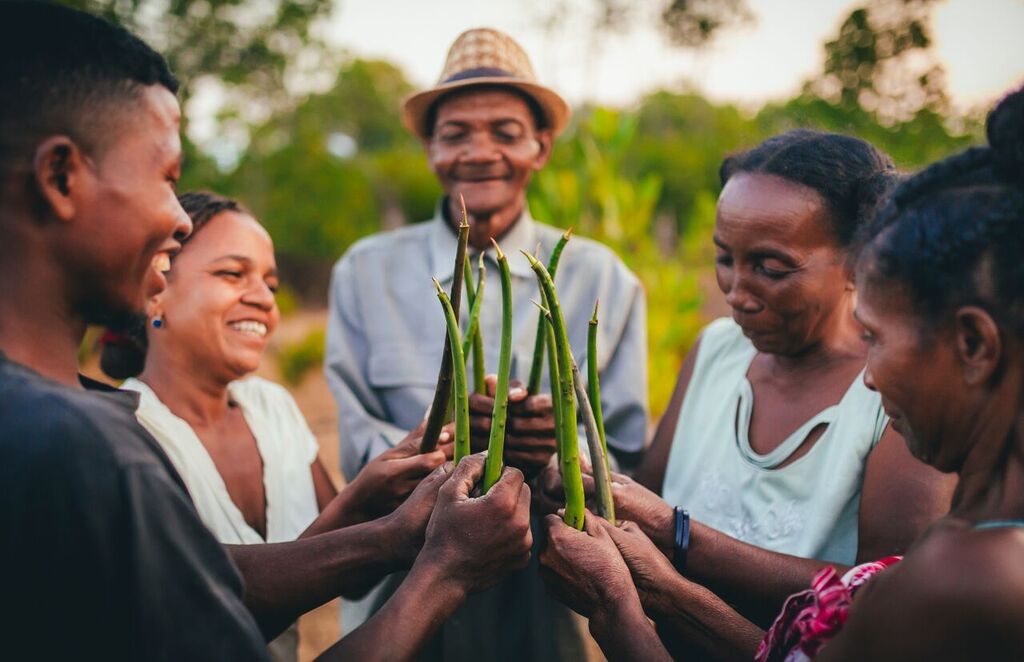 Our partner on the ground in Madagascar Ethiopia, and Nepal is Eden Reforestation Projects. Eden’s “employ to plant” approach to reforestation reduces extreme poverty and restores healthy forests in Madagascar, Ethiopia, and Nepal by employing local villagers to plant millions of trees every year.
Our partner on the ground in Madagascar Ethiopia, and Nepal is Eden Reforestation Projects. Eden’s “employ to plant” approach to reforestation reduces extreme poverty and restores healthy forests in Madagascar, Ethiopia, and Nepal by employing local villagers to plant millions of trees every year.